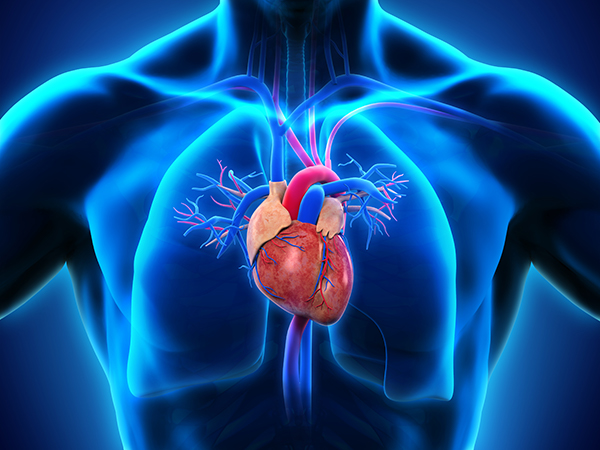Cardiovascular Disease Prevention Through Dental Care

Cardiovascular Disease Prevention Through Dental Care
Cardiovascular disease refers to conditions in the body that may lead to heart attack or stroke. Two of the most common causes are sleep apnea and periodontal disease. Here’s how your dental clinic can help you to prevent cardiovascular disease and its conditions:
Sleep Apnea
What is Sleep Apnea? Sleep apnea is a breathing disorder that can decrease oxygen saturation in the bloodstream while you sleep, which in turn increases the risk of both heart attack and stroke. This decrease in oxygen absorption happens when the soft tissue in the upper airway collapses, preventing air from travelling to the lungs. As the airway is obstructed, your brain wakes you up, interrupting your sleep and decreasing the saturation of oxygen into the bloodstream.
With your airway obstructed your body may also enter “fight or flight” mode, raising adrenaline levels and further disrupting sleep. In cases of moderate to severe sleep apnea, this frequent awakening and rush of adrenaline can occur multiple times per hour! It is equivalent to running a marathon each night rather than giving your body the rest and restoration it requires. If you suffer from an underlying heart condition, this response may increase your risk of heart attack.
Sleep Apnea Solutions: Symptoms of sleep apnea can include snoring, headaches, daytime fatigue and frequent awakening during sleep. As sleep apnea is a serious condition, it is important to consult your physician if you are experiencing any of these symptoms. At our dental clinic, we work alongside our patients’ respective physicians to ensure we are helping to treat these symptoms effectively. Depending on the severity of sleep apnea and any other potential factors involved, a dental appliance may be an option to treat the symptoms listed above.
Periodontal Disease
What Is Periodontal Disease? Periodontal disease affects the structures and tissues that support your teeth. The most common and well-known of these conditions are gingivitis and periodontitis, two inflammatory conditions that are caused by oral plaque. Here’s how this occurs:
Oral plaque comes from food that has been trapped between your teeth and gums. When it isn’t properly removed, it is consumed by oral bacteria that converts it into soft dental plaque. This plaque is laden with toxins and bacteria that when in contact with the soft tissue in your mouth causes an infection and/or an inflammatory response, often in the form of gingivitis or periodontitis. These and other periodontal infections cause the body to transfer additional blood cells to the infection/inflammation site to fight them, which in turn increases the risk of cardiovascular disease.
Periodontal Disease Prevention & Solutions:
- Daily Flossing: There are a few ways to reduce your risk of Periodontal and Cardiovascular Diseases. The simplest way is to floss daily! Although brushing can remove most plaque above the gumline, it doesn’t reach the more harmful plaque and bacteria that is trapped beneath the gums.
- Regular Cleanings: It is also important to see your dental hygienist for regular cleanings; 2-3 times per year in a healthy mouth, 3-4 times per year if gingivitis or other periodontal diseases are present. Your hygienist will provide a deep clean to remove not only harmful plaque, but also tarter that is more difficult to remove on your own. This ensures the health of your gums, bones and other supporting structures for your teeth.
